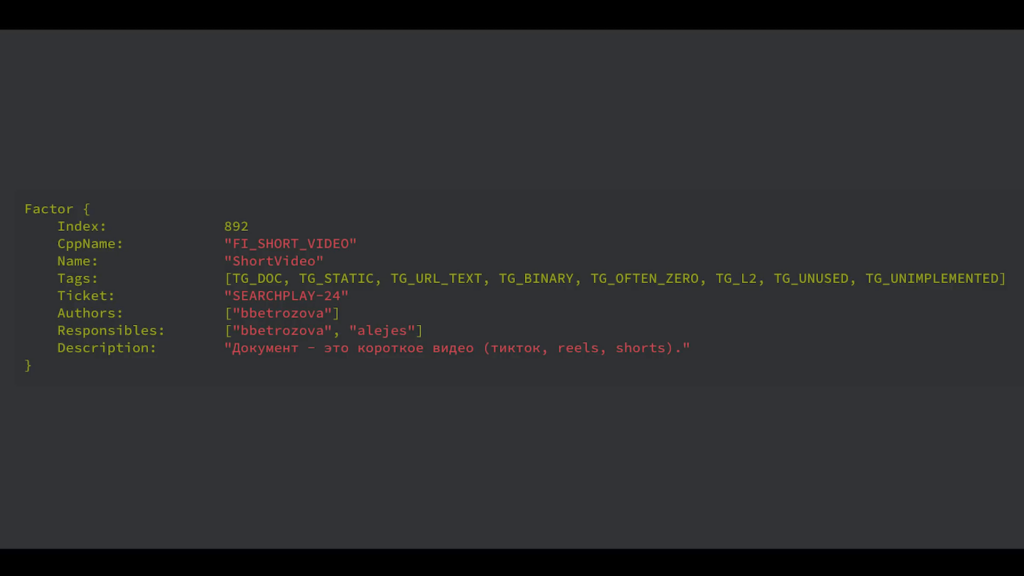On January 25, 2023, the Western world received Yandex source code, “Google of Russia”, that contained as many as 1922 signals of ranking factors. This event aroused a great amount of excitement as well as heated discussions in the SEO group. How does this affect the SEO specialists and companies focused on improving their online presence? In this article, we will look into all these aspects and check what ranking signals are important for Yandex, how they are comparable with the ranking signals of Google, and what aspects one may take out from this leak.
What is Yandex? 🌍
According to claims, Yandex ranks as the fifth largest Search Engine worldwide while it also governs a huge market share in Russia. This is because different services, such as maps, email, and cloud services similar to Google, are availed for individuals. The insurgence of Yandex ranking, considering the leakage, has shifted to its architects and inner workings on how websites are ranked on search engine results pages.

Yandex has evolved to meet the Russian language and culture with its constituents very interestingly naming it using humor. Yandex, while smaller than Google, offers around 90 different services in Russia positioning itself well in the search engine market.
The Leak: Was It Clear What Was Laid Out? 🔍
The leak showed that the number of ranking signals available for Yandex was much larger as compared to the reports of Google. Google says that they have around 200 ranking signals in their ranking while Yandex with a stunning 1922 signals. This seems to answer questions that bedevil the workings of both the search engines and what that holds for SEO.

Someone leaked Yandex data in July 2022, over six months old, and potentially outdated due to algorithm changes.
Ranking Signals Explained 📊
The ranking signals are the criteria that help such search engines as Yandex and Google measure and rank web pages in the results. The more complex the evaluation of a website is, the more signals are required. However, the quantity of signals in Yandex does not necessarily correlate with its position superiority to Google.
Key Differences Between Yandex and Google Signals 🆚
The most distinguishing feature pertains to the way the two search engines process ranking signals. Yandex in this regard remains sparing when it comes to the use of automated signals on the contrary google has over the last 10 years evolved to an automatic signal-based system that is AI inspired. Moving into this type of approach enables Google to reduce workloads and be able to respond to changing patterns in users’ activities instantly.

Whereas, Yandex has a lesser market and customer base, which implies that, it still does the manual management of its ranking signals. More signals will be brought about by this situation, but it will not be as effective as observed in Google.
Exploring Yandex’s Unique Ranking Signals 📈
Analyzing how Yandex ranks certain content will tell you how search engines rank content. Here are some of the notable and interesting signals that one can highlight:
Backlink Age: Yandex values the age of backlinks as a critical off-page SEO practice. Older backlinks carry more weight than newer backlinks.
User Interaction: Factors such as CTR and bounce rate count on Yandex. This means that higher engagement is indicative of good content.
URL Structure: Yandex pays a lot of attention, especially to the URLs. Properly structured keywords in the URL can have a positive impact on the rankings.
Content Elements: Rankings also favor pages that contain maps or videos as they improve the usability of the pages.

Implications for SEO Strategies 🔑
SEO experts can gain insights by examining Yandex’s ranking signals. Even though applying these signals to Google’s platform may not produce the expected short-term results, learning the ideas behind them improves SEO campaigns. Here’s how:
1. Prioritize User Interaction 📊
In Yandex, user metrics are vital. Focus on compelling content for user engagement in SEO. The content effectively delivers the expected practices across all search engines, aligning with more of their relevance standards.
2. Enhance Backlink Strategy 🔗
Grasping the fact that Yandex appreciates the altitude of the links as well as their quality and relevance recognizes the key aspect in employing real backlinks. You have to create quality suitable backlinks that will not go bad with time.
3. Use Simple URLs 🛠️
It is worth noting that clean, relevant keywords in URLs will enhance visibility in Yandex and several other search engines. This is a good practice to improve the ranking of Yandex as well as Google.
4. Content Richness 📚
Adding multimedia content such as images, videos, and maps is an effective way of improving user experience and engagement, and consequently, rankings.

Conclusion: The Future of SEO with Yandex Signals 🌟
The leak of Yandex’s 1922 ranking signals was a breakthrough from the picture of how a big search engine outside Google looks. While such signals themselves may have limited usefulness, their concepts may help improve SEO. With new developments in search engines itself, focusing on those like Yandex seems to provide an edge in search visibility optimization.
In a nutshell, recognizing the differences and strengths of various search engines such as Yandex, and embracing them will quite possibly lead to impressive search engine optimization. SEO professionals remain in perpetual motion and many situations require quick decisions.

